As the pandemic presses on continually birthing new strains of the virus, many of us worldwide have been encouraged to work from home to prevent the transmission of the virus from person to person.
The downside to working from home in lockdown results in spending an increased amount of time glued to our screens, whether it be our computers, Laptops, Smartphones, or TVs.
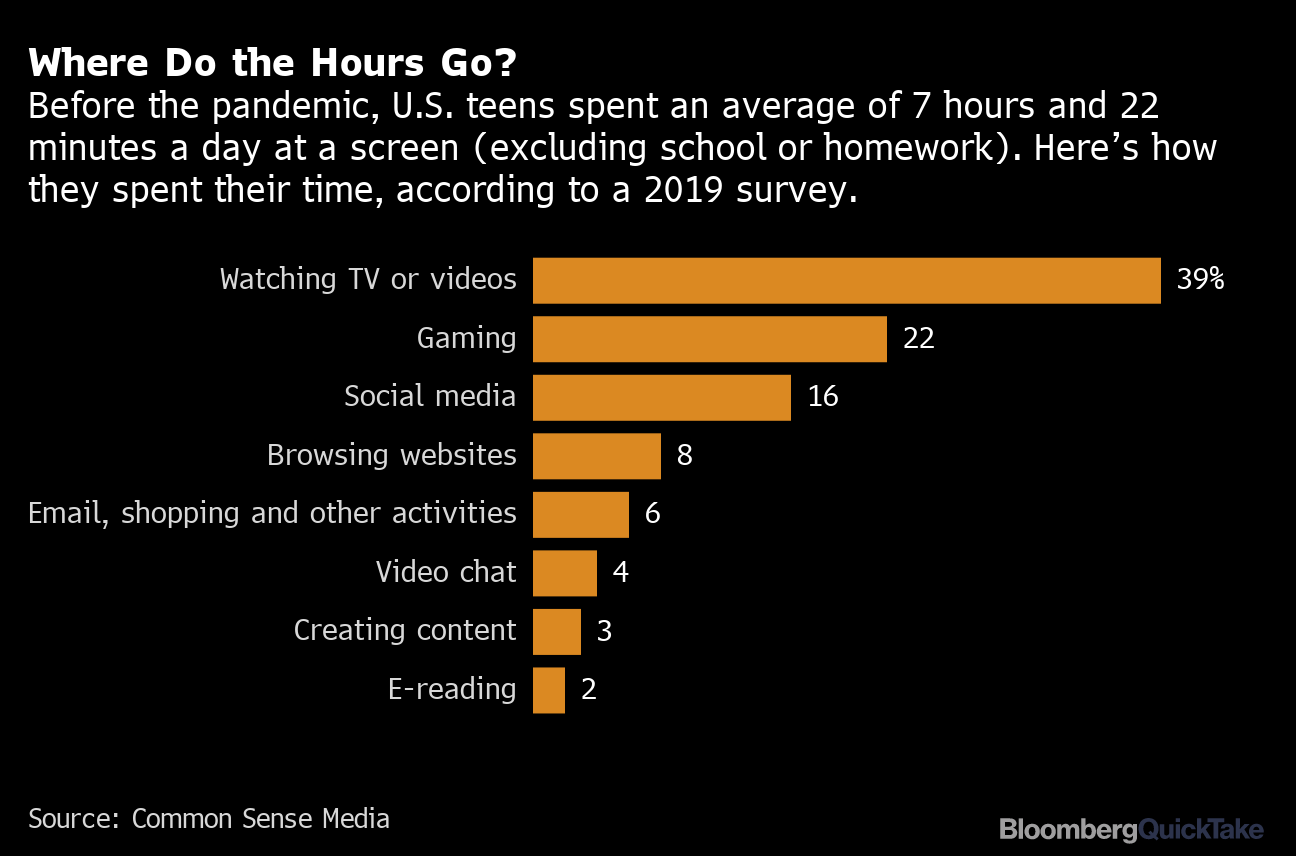
(Image Source: Bloomberg)
Although there are some advantages to today's technology, allowing us to be always connected and informed regarding the latest news and updates, it all comes at a cost.
Increased screen time can make you feel tired and drained, especially considering the blue light emitted from them. Blue light is dangerous and can cause a range of health issues, from headaches to blurry vision and eye strain. Many opticians have developed blue light-emitting glasses, which help reduce the amount of blue light that gets into your eyes, acting as a barrier found here. But one of the most significant health issues to come from too much screen time is screen fatigue.
What is screen fatigue, and what does it do to our health?
Screen fatigue and burnout are effectively the same feeling and describe symptoms that occur due to spending too much time on our smart devices. These symptoms include eye problems such as tired and dry eyes as well as sleep problems and lack of enjoyment when using our screens.
Eye strain and headaches are some of the most common symptoms of screen fatigue and come as a result of our eyes having to adjust from bouncing between one screen to another.
Headaches can also come about due to eyes adjusting and focusing on the screen, which can cause tensions in the muscles around our eyes, causing them to pain.
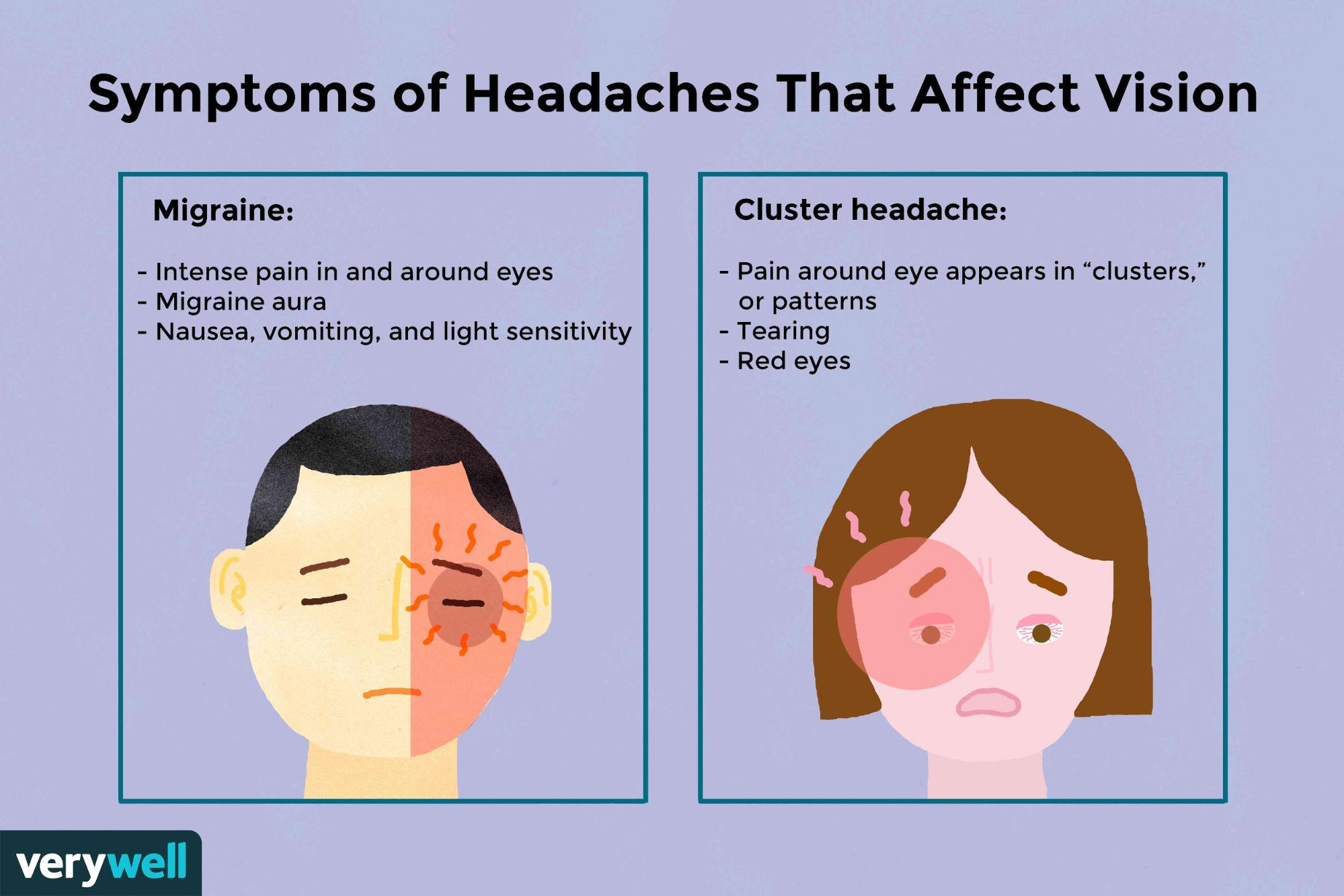
(Image Source: Very Well Health)
An increased amount of screen time can have a weakening effect on sleep and sleeping patterns. This is mainly caused by the blue light, which we talked about earlier. The blue light sends short wavelengths that stimulate sensors in our eyes. These sensors send signals to the brain's internal clock, suppressing the hormone melatonin's vital production, which our brains produce to help us sleep. So what can you do to help beat eye fatigue?
Seven ways to prevent eye fatigue
1. Take it back to basics with telephone calls
Making telephone calls may sound outdated when considering the amount of technology we have today and the ability to make video calls. However, using your screens only for work purposes and catching up with friends over the phone can reduce the amount of time spent on screens.
Instead of bouncing between work video calls and family/friends video calls, reduce fatigue by limiting time spent on screens. These issues may seem small to begin with but when working from home for extended periods like many of us have been doing, it can become increasingly tiring dealing with video calls.
2. Get back to Mother Nature
Research has suggested that getting connected back to nature can help us feel happier and is one of the best ways to relieve stress. Getting out for fresh air is a big part of reducing screen fatigue and supports your eye's by focusing on more natural elements and lighting. This can be in the form of going for walks, doing some exercise outdoors, or even an activity like gardening.
3. Limit smartphone screen time
Habits can be tricky to break, especially when it doesn't even feel like one. Many of us reach for our smartphones to pass the time as we scroll through social media so naturally. Setting a screen time on your smartphone will help prevent you from spending hours on your smartphone unnecessarily. There is a range of apps that can help you limit smartphone usage.
4. Looking after your eyes
Although there is no way around having to spend a vast amount of time in front of screens, there are things you can do to help your eye's health. There is a range of eye exercises you can practice at home while sitting at your desk, even when taking a break. Although these exercises will help to maintain and improve eye health, it’s also important to monitor and review your eye health regularly to ensure there are no anomalies or changes.
5. Regular breaks and activities
It's easy to forget about the need to take breaks. However, breaks offer our eyes the rest they need away from the screen and the rest of our body the relief from sitting, getting your blood moving. Taking a 5-10 minute break every hour will help fight fatigue and get your body active. Even practising mindfulness at this time or doing something different will help lift your mood and concentrate on work easier.
6. Set goals and switch off
Setting goals can help reduce the time you spend looking at your screen. Technology can be very distracting, especially as it allows you to do many things simultaneously, and you end up multitasking. This can make staying focused on the job at hand very hard. However, if you set goals and work through them one by one without caving in to the temptation of distractions, you can get more done in a short space of time which will reduce screen time and eye fatigue.
7. Keep exercising to boost mental health
Exercise is a great way to boost mental health and keep our energy levels up, but most of all, it helps to combat eye fatigue. Sitting and looking at the screen for long periods can affect our muscles, especially as many of us are not doing our daily commutes, walking between work and stations. Putting together a great home workout that you do every day, can help keep your body and mind stay healthy.

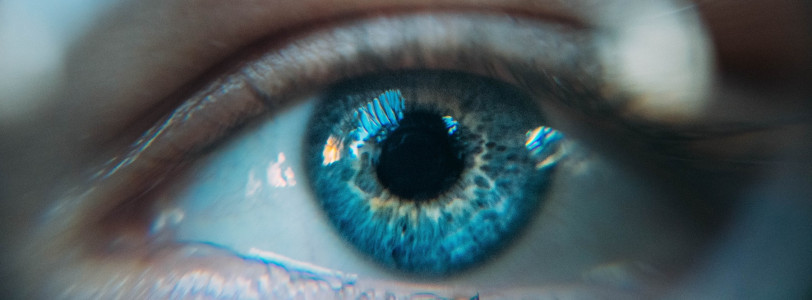

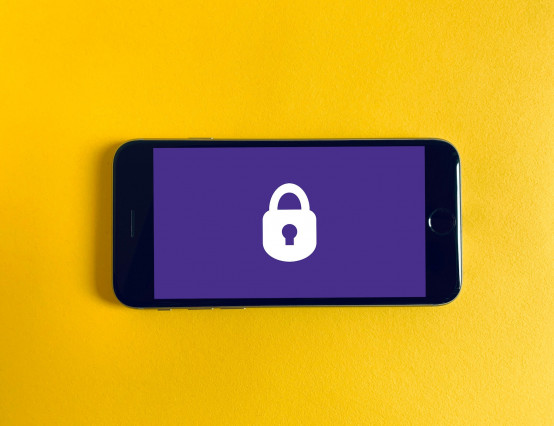
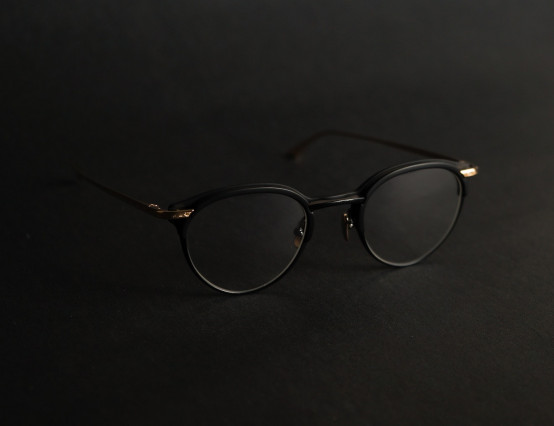
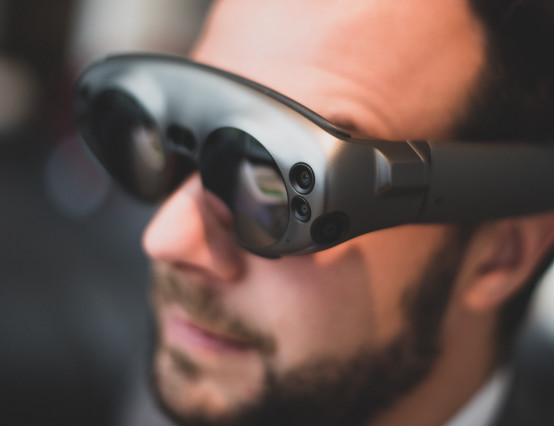





Appreciate these tips - a good selection of things easy to implement!